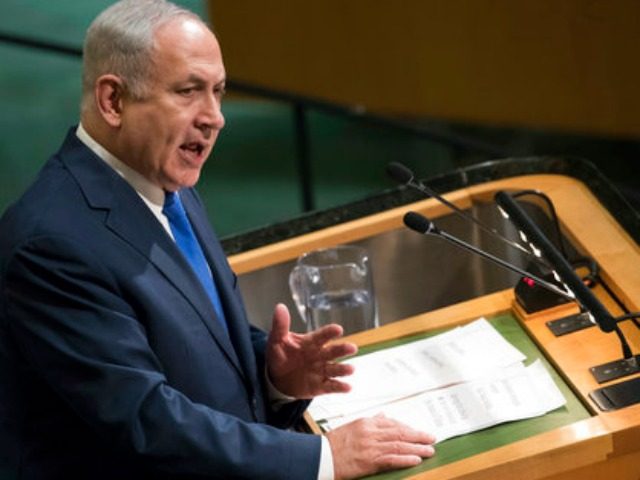TEL AVIV – U.S. pressure on Israel resulted in Prime Minister Benjamin Netanyahu postponing an initial vote on a bill that would annex 19 settlements surrounding Jerusalem to the capital.
The Jerusalem Post quoted sources as saying that the legislation needed “diplomatic preparation and has therefore been rejected for the moment.” Israel’s Army Radio quoted David Bitan (Likud) stating the vote was delayed because of “American pressure claiming it is an annexation.”
Netanyahu was quoted by Haaretz as saying at Sunday’s weekly cabinet meeting, “The Americans turned to us and inquired what the bill was about. As we have been coordinating with them until now, it is worth (continuing) talking and coordinating with them. We are working to promote and develop the settlement enterprise.”
U.S. State Department spokeswoman Heather Nauert on Thursday said that while she wouldn’t comment on the internal politics surrounding the vote, the U.S. would “continue to encourage both sides to take appropriate actions to ease tensions and build an environment that would support concluding a conflict-ending peace agreement.”
The bill, authored by MK Yoav Kisch (Likud), would give some 150,000 residents of those communities – termed “daughter municipalities” – to vote in Jerusalem’s municipal elections.
While Likud and the Jewish Home party have been strong proponents of the bill, several coalition parties have opposed it – in particular, the ultra-Orthodox Shas and United Torah Judaism, which have concerns that the bill’s passage will weaken their voting bloc in the capital.
“We have to be very wary of it and not approve it so quickly,” MK Uri Maklev (UTJ) said last week.
MK Rachel Azaria (Kulanu) accused lawmakers of using the bill as a political tool.
“This bill might look good on paper, but it’s bad in reality,” she said. “Who wants to live in a city where people from the outside can vote for your mayor?” She said there were better ways to strengthen the city.
The 19 satellite settlements include Ma’aleh Adumim, Givat Ze’ev, Betar Illit, Efrat and the communities belonging to the Gush Etzion Regional Council.
The legislation would also connect Kafr Akab, Shuafat and Anata, the three Arab neighborhoods of Jerusalem that are outside the security barrier and together comprise some 100,000 people, and turn them into sub-municipalities of the city.

COMMENTS
Please let us know if you're having issues with commenting.